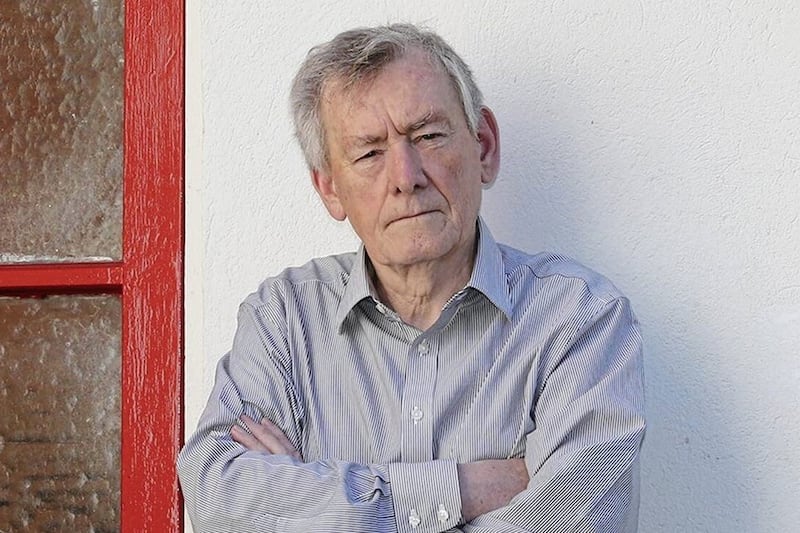It is a measure of the rapid pace of unfolding political change that, less than three months ago, Arlene Foster and Martin McGuinness, as the joint heads of our Executive Office, could have invited the new US president, Donald Trump, to visit Belfast.
Mr McGuinness has since resigned and then retired, to be replaced within Sinn Fein by Michelle O'Neill, after he concluded that a bitter dispute with Mrs Foster over the extent of her role in the massive Renewable Heating Incentive (RHI) scandal left the administration in an unsustainable position.
Mrs Foster is entering an unexpected Assembly election as DUP leader next month with her approval ratings at unprecedentedly low levels and no indication whatsoever of the emergence of any deal which would give her a realistic prospect of returning as first minister.
Mr Trump has sadly confirmed all the worst fears which existed about his contemptuous views towards large sections of the international community and his disdain for basic human rights around the world at every level.
The mandate under the US electoral college system which allowed him to take power with a minority of the popular vote needs to be respected but the crude and unacceptable attitude towards women which emerged on tape during his presidential campaign was deeply disturbing.
If the British prime minister Theresa May really wants to roll out the red carpet for him in London, at an earlier stage than any of his recent predecessors, it would be another strikingly poor reflection on her judgment.
However, it would be even more alarming if it was still proposed that he might visit any part of Ireland, north or south, during his schedule in the foreseeable future, a prospect from which Ms O’Neill has subsequently distanced herself.
US presidents have played a hugely constructive role here down the decades but Irish people of all religions and none who have settled in America in present and former generations are appalled by Mr Trump's policies and seriously concerned about the full implications of his wider stance over visas.
Elected representatives from both sides of the Irish border need to give very careful consideration to suggestions that they could justify travelling to the White House during the present turmoil in which the president has been rightly and repeatedly held to account by courageous and principled judges.
It was very surprising in the first place that approaches were made to Mr Trump last November about a trip to Stormont but it should now be made clear to Washington politely but firmly that circumstances have changed.






